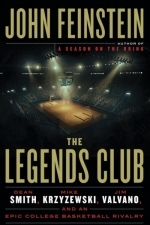
Plants vs. Zombies™ 2
Entertainment and Games
App
"As beautifully presented as it is absorbing to play: 8.7 out of 10." – ign.com Play the...

Cardio Sworkit - Endurance Trainer & Calorie Burn
Health & Fitness and Travel
App
Pump it Up - cardio fitness workout trainer with free workouts & exercises to boost heart rate and...

War Planet Online: Global Conquest
Games
App
When the entire world is at war, bold generals rise to the challenge and lead their armies toward...

Codex of Victory
Games and Entertainment
App
Human society has been divided. On one side, the natural course of human evolution has been...

Empire Four Kingdoms - MMO War
Games and Entertainment
App
Build a fortress, fight an army and conquer enemies in this epic multiplayer game! Use your strategy...

Road Draw: Climb Your Own Hill
Games
App
◆◆◆ New Global Racing Phenomenon ◆◆◆ ◆◆◆ #1 Top Free Racing Game in many countries...

Neuroshima Hex
Games and Entertainment
App
AWARDS: "iOS Game of the Year" Game Shark "Best Card/Board Game - Runner Up" TouchGen PRESS...

The Legends Club: Dean Smith, Mike Krzyzewski, Jim Valvano, and an Epic College Basketball Rivalry
Book
The riveting inside story of college basketball's fiercest rivalry among three coaching...
Sports history

Strike Knight HD
Games
App
STRIKE KNIGHT HD is now available on the iPad for FREE with beautiful high resolution graphics!!! ...

Jungle Heat
Games and Entertainment
App
Jungle Heat is a free cross-platform war game, which you can play on any device or social network. ...